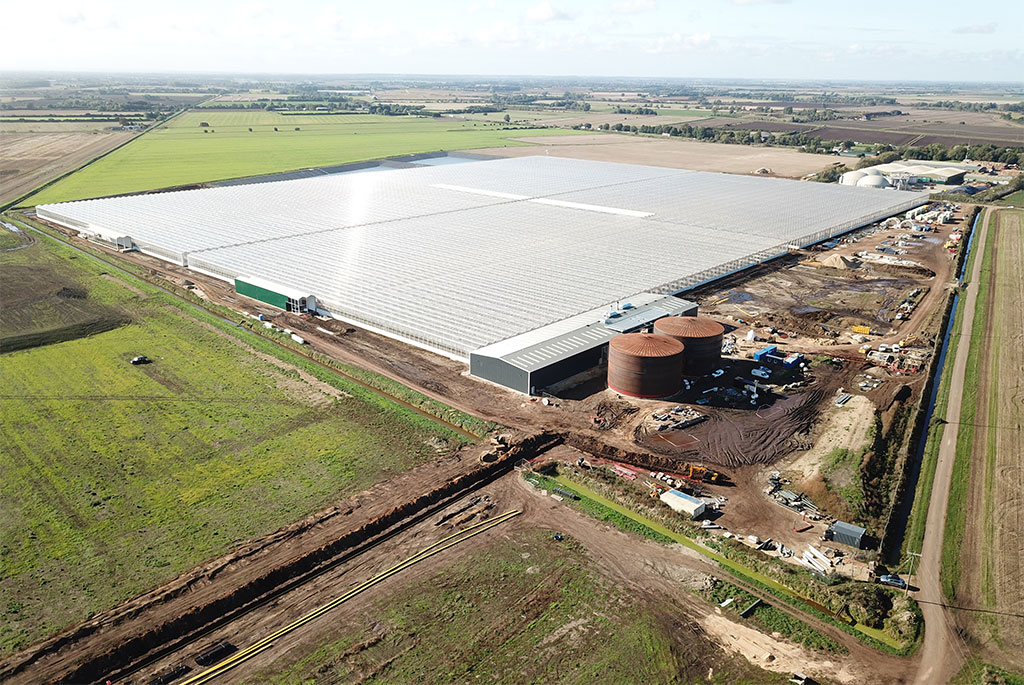Principle 4: Promoting well-functioning markets
Context
NatWest Pension Trustee Limited (the Trustee) has robust structures in place to manage, monitor and react to market and systemic risk, including (but not limited to):
- A well-established risk reporting process in which asset value impacts are reported by RBS Investment Executive Limited (RIEL) to the Asset and Liability Committee (ALCO) on a quarterly basis, and to the Trustee as necessary.
- A carefully designed and implemented hedging strategy to reduce the impact of changes in interest-rates and inflation.
- A highly diversified strategy which avoids risk concentration.
- A regular ‘range rebalancing’ approach that ensures market exposure remains within approved thresholds for each asset class and efficiently locks-in advantageous gains that occur as a result of market movements, whilst also controlling the risk of becoming too overweight in an over-priced asset class.
- Ongoing performance monitoring against the long-term funding strategy with a focus on identifying and analysing any ‘performance outliers’ which might indicate systemic or market-wide risks.
- Regular reporting from NatWest Group Pension Fund’s (the Fund’s) third-party investment managers to report on the risks (including emerging systemic and/or market-wide risks) in their particular portfolio, and the steps they are taking to navigate those risks. RIEL will supplement these reports by direct conversations and meetings where appropriate.
- EOS at Federated Hermes’s (EOS’s) mandate for the Trustee includes engaging with a wide range of stakeholders, including government authorities, trade bodies, unions, investors and Non-governmental Organisations, to best identify and respond to market-wide and systemic risks. EOS is involved in a number of regional and industry initiatives including the United Nations Principles for Responsible Investment (PRI), Climate Action 100+, Institutional Investors Group on Climate Change, Asia Investor Group on Climate Change, Ceres, International Corporate Governance Network (ICGN), Council of Institutional Investors, Eumedion, Focusing Capital on The Long Term, Corporate Governance Forum and Investor Forum. All this work on market-wide and systemic risks is incorporated into the EOS approach to engagement as per the EOS Engagement Plan and is reported on in the EOS quarterly Engagement Report and our Annual Review.
The Trustee’s ability to react to market and systemic risk in the past has proven effective and the Fund remains well funded and on track to reach its long-term funding goal.

Greenhouse, Cambridgeshire, UK. Helping transition to Net Zero greenhouse gases and reduce food miles through investing in the energy efficiency of a large greenhouse in the UK.
Image by Greencoat Capital.
Activities
-
Climate-related risks
Climate change is arguably the largest systemic risk facing investors today. During the reporting period, RIEL and the Trustee used a number of approaches to identify and respond to this risk.
- Consideration of the possible impacts of different potential temperature paths on the different asset classes in the Fund. This was an introductory exercise; more comprehensive scenario modelling is being carried out during 2022.
- Working with the Fund’s third-party investment managers to understand which assets could be most sensitive to financial loss due to climate change.
- Through EOS and Climate Action 100+ (CA100+), engaging with issuers to encourage better disclosure and better management of climate risk.
- Working with the Fund’s forestry manager to enhance the carbon capture capacity of those assets.
- Committing to support the Paris Agreement, recognising the urgent need to accelerate the transition towards global net zero greenhouse gas emissions. The Trustee are already a member of the Institutional Investors Group on Climate Change (IIGCC) and actively support its mission to facilitate the investment community in driving significant and real progress by 2030 towards a net zero and resilient future.
- Was a signatory to the IIGCC’s 2021 Global Investor Statement to Governments on the Climate Crisis. The statement was signed by 733 investors, including the Trustee to accelerate action to tackle climate change.
- Responding to legislative and regulatory consultations where these impact pensions and access to markets. In the reporting period, RIEL has responded to two consultations and one enquiry from the Department of Work and Pensions on climate disclosures for pension schemes. In addition, EOS responded to a wide range of consultations globally including, in the UK, the Financial Reporting Council’s consultation on its white paper, A matter of principles: the future of corporate reporting, and a consultation by the UK Department for Business, Energy & Industrial Strategy on mandatory Task Force on Climate-related Financial Disclosures (TCFD) reporting for listed companies, large private companies and limited liability partnerships.
-
Cost Transparency Initiative (CTI)
One specific issue that impedes the efficient functioning of markets is cost. The Trustee recognises that there are multiple points in the investment chain where costs can erode the return ultimately delivered to beneficiaries. RIEL works to ensure that the Trustee receives value for money and transparency around costs from its service providers. RIEL contributes to the CTI and provided thought leadership to the CTI board.
Outcomes
-
Case study: Covid-19
Often, portfolio changes and stewardship activities yield outcomes over the following years rather than ‘in-year’.
In 2020, the Trustee took a number of actions in response to market opportunities and risks created by the Covid-19 pandemic, including making tactical adjustments to its growth assets and rebalancing activity and through careful discussion with investment managers around supporting companies where there was potential financial distress. These were designed to help protect the Fund against further market deterioration whilst also providing the potential to benefit from recovery. The impact of those changes was felt in 2021 as markets – driven principally by massive monetary and fiscal stimulus – recovered from the pandemic uncertainty of 2020, and the changes that had been made had a positive impact on the Fund’s progress towards its funding target.
